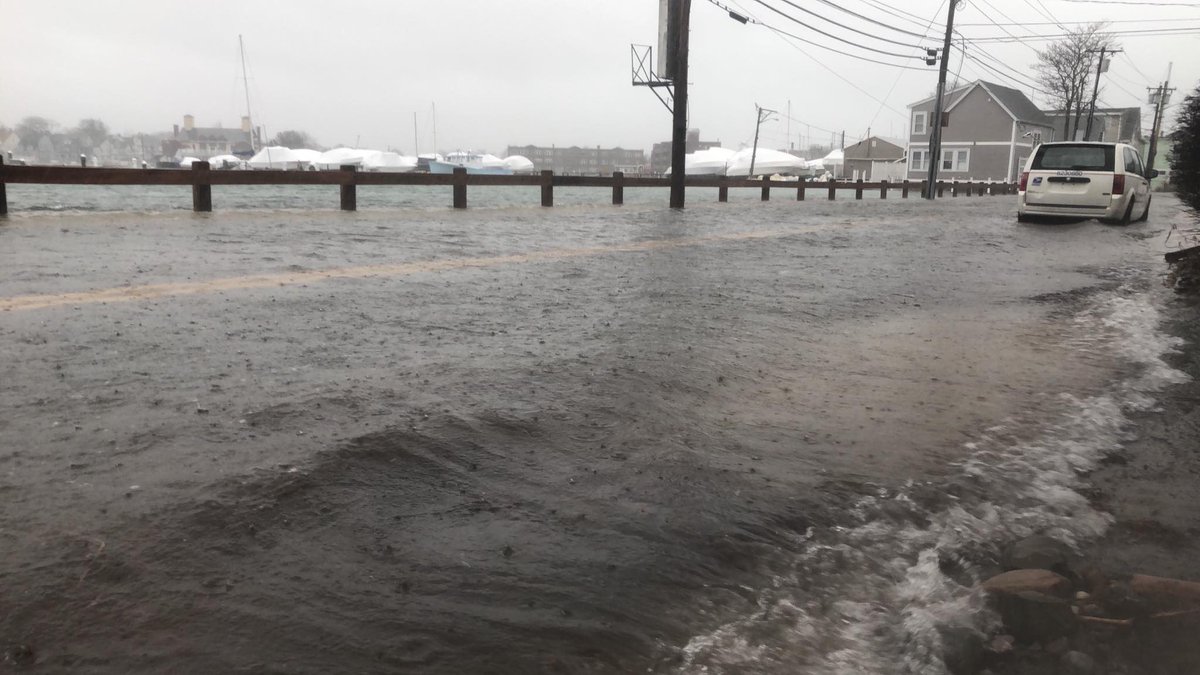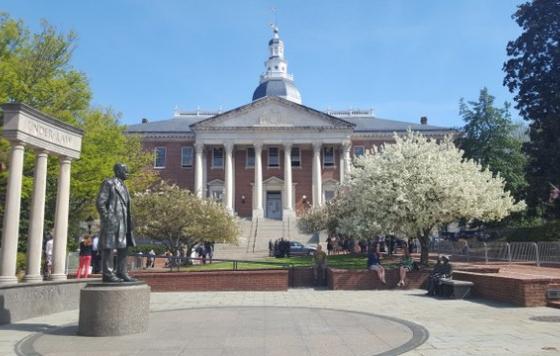
The calendar says it is officially spring now, but we're not feeling it on the ground in the Northeast. We just experienced our fourth Nor'easter in recent weeks, the "Foureaster" as friends are joking on Facebook.
But this is not a casual or joking matter. Tough winters in New England may be a fact of life, written in to our regional DNA, but we know that this is not normal. We're used to shoveling out, to losing power, to buying out the bread, milk, and eggs from our local stores in advance of a storm.
We're not, however, used to the severity of the storm surge and the extensive flooding that has closed roads and required homeowners to pump out basements that have never flooded before.
In my town of Winthrop, Massachusetts, we have been rocked by this "new normal" on our small peninsula with only two roads in and out of town. I live on a hill overlooking one of those major roads, and teams working on clean up in the wake of storm-surge road closures have asked me if my Prius can handle going over boulders on my way home -- the only way home.
The frequency of these storms is the issue. Before the recent spate of extreme storms, we hadn't experienced this level of flooding since the epic Blizzard of 1978. That took place forty years ago and reporters have considered that storm our measuring stick for big winter weather here my entire life. We're now in a weather pattern in which we're experiencing extreme storms with similar flooding impacts every few weeks.
Is this change related to our changing climate? Likely yes, according to a recent report covered in this month's National Geographic which finds that "abnormally warm Arctic temperatures make severe winters in the Northeast two to four times more likely."
According to Laura Francis, study co-author, "Warm temperatures in the Arctic cause the jet stream to take these wild swings, and when it swings farther south, that causes cold air to reach farther south. These swings tend to hang around for awhile, so the weather we have in the eastern United States, whether it’s cold or warm, tends to stay with us longer."
My big take-away, having just experienced these big storms and flooding with my neighbors: we need to be smart and intentional about how we respond going forward. I'm hoping you'll join me in reaching out to the public officials in your area with urgency to take action. What's needed, if we are to avoid even worse extreme weather impacts, is a clean energy transition that cuts carbon pollution and one that can help keep the lights on as extreme weather hits. We also need to think hard to prepare for our survival in communities that are most vulnerable -- like cooling centers that will help urban communities through extended heat waves and how best to keep our flood-prone communities safe through aggressive storms.
Failing to act on this most recent lesson would indeed be March Madness.



